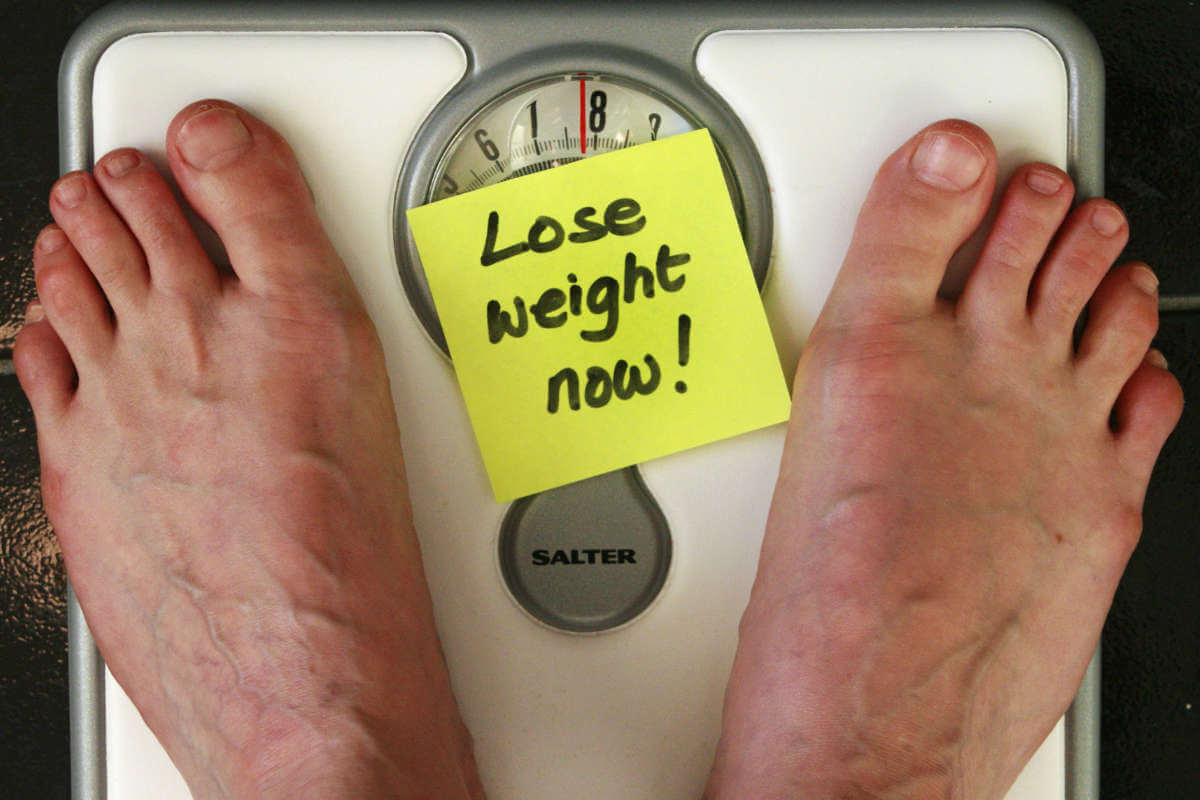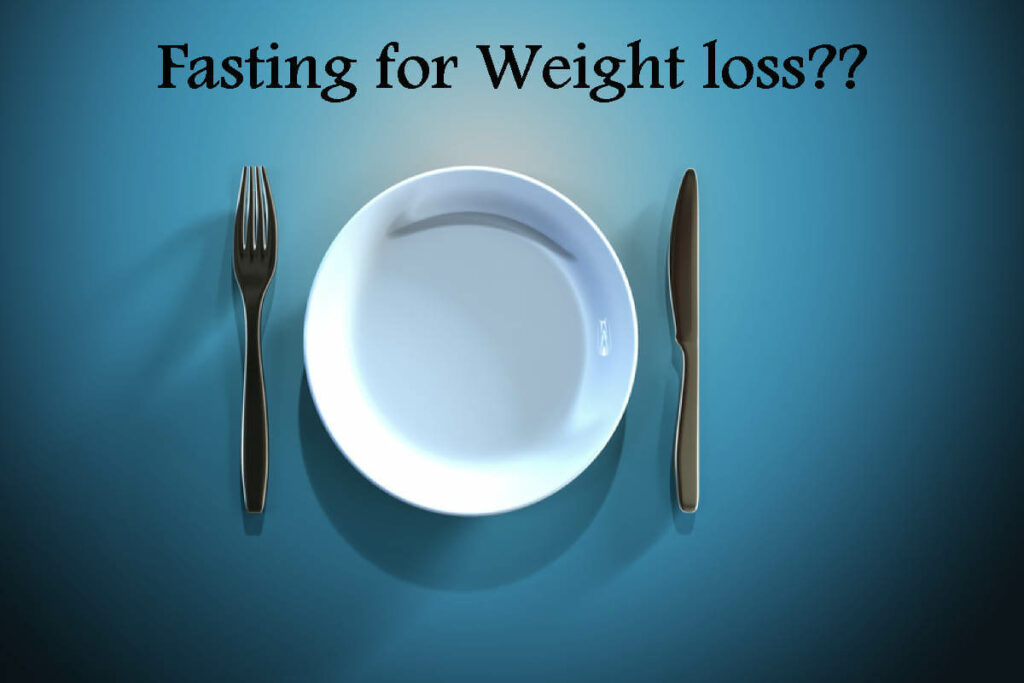Food & Nutrition, Health, Lifestyle, Weight Loss
Does Starving Yourself Make you Lose Weight? Know Starvation Diet Side Effects
You have 3 days to that glitzy wedding and you have not reached that dream weight yet.
So what do you do? Go on a starvation diet or just starve yourself to the weight! But does it work? We analyse this in our blog.
By the way, you can ask one of our expert Nutritionist this question and get a logical answer, all for FREE. Avail your FREE Nutritionist Consultation just with a click!
Starvation diet for weight loss is something that has caught everyone’s fancy recently.
Now, all you need to do is run a random search and there are many do-it-yourself fasting for weight loss ideas around!
However, it is not a recent concept per se. Better known as fasting, it was primarily a religious concept.
But before you jump on the starvation diet bandwagon, let us understand what is a fasting diet or a starvation diet consist of.
What is a Fasting Diet?
Starvation diets for weight loss or fasting diets for weight loss are different but the basic principle is severe restriction.
This is achieved by going on an all-water or all-fruit juice diet.
Sometimes even a laxative is introduced for a complete gut cleanse.
Some of the fasting diets may also have solid foods intermittently but not enough to provide sufficient energy.

What Happens to the Body When Fasting?
Weight loss theory states that starving or fasting dramatically reduces the energy and hence the body fishes for it from the stored fat.
You might lose weight initially as well.
However, that is just theory. In reality, you WILL lose muscle!
Your body goes into a conservation mode (much like a mobile battery on low power) slowing down your metabolism drastically.
“So the fasting effect on metabolism is that you lose the precious muscle that you must have worked hard for in the gym.”
Here is a detailed video on why fasting for weight loss is a bad, bad idea!
Stages of Starvation or Prolonged Fasting!
Still not convinced? Let us take you over the physiological changes that occur in the body when you starve or fast for a long time.
Basically, let us highlight the dangers of fasting for a long time.
There are 3 stages of starvation! This is what happens in each stage:
1. The first stage of starvation
This stage comes in when you are fasting for a few hours. The body first breaks the stored glucose (in the form of glycogen).
If the fasting continues for long, then the body turns to fats and proteins in that order for maintaining blood glucose levels.
2. The second stage of starvation or fasting
Continue fasting for weight loss for the 2nd day or for a week then you enter this stage. Here fats and proteins fuel you.
The proteins which are not essential for survival are broken down. Muscle slowly begins to degrade.
3. The third stage
You are a few weeks into the starvation diet and voila, you are in the 3rd stage. This is a very dangerous phase to be in, wherein most major muscles are compromised for energy.
Soon the body begins to pull proteins away from crucial cell function. Linger on for long and you risk playing with death too!
When does your body go into starvation mode?
When you enter the 3rd stage of prolonged starvation or fasting is when you have entered starvation mode.
Having known the negative effects of fasting, will you still try it? Let us take you over the symptoms of fasting or starvation mode.
Starvation mode symptoms / Side effects of Fasting

The side effects of starvation or prolonged fasting for weight loss include headaches, dizziness, low blood sugar readings, muscle weakness, and tiredness.
If you fast for a long time, then it can lead to iron deficiency anaemia, lowered kidney and liver function, weak immune system and heartbeat abnormalities. You will also encounter vitamin and mineral deficiency as you fast for long periods for weight loss.
Drinking laxative solutions as a part of the fasting diet can lead to dehydration and tiredness.
If you go on a fast for long periods or repeatedly practise starvation for weight loss, then the complications and symptoms are much more severe.
All You Need to Know about Intermediate Fasting!
While we discuss the side effects of prolonged fasting for weight loss, people practise intermediate fasting or intermittent fasting too.
What is intermediate fasting or intermittent fasting?
It is nothing but eating on a pattern. While you may choose to skip certain meals, you may choose to indulge in the next one.
Intermittent or intermediate fasting means eating during a specific window of time. It generally means fasting for 15- 20 hours a day, say by skipping breakfast after having a healthy dinner.
How much weight can you lose in a week with intermittent fasting?
While we don’t suggest fasting in any form; intermediate fasting or simply fasting for weight loss, people seem to have lost 1-2 kg a week from it.
This differs from person to person since weight loss is a dependent on many factors. Simply skipping food is not a healthy solution to lose weight.
Does Starving Yourself Make you Gain Weight?

Fasting for weight loss or going on a starvation diet is just like yet another fad diet. While it may show the result in the first few days, the weight loss is all water and muscle.
Imagine losing that chiselled muscle for which you have been following a strict diet and working out religiously in the gym.
Many nutrition experts agree that fasting for weight loss is not a correct and sustainable approach. You won’t be able to starve yourself for long anyway.
The best solution for a long-term weight loss is to develop a diet plan and a healthy lifestyle routine which you can follow with discipline.
Take for example this month-long diet plan which includes foods from all food groups and doesn’t ask for you to not eat much.
How Can We Lose Weight Safely?
Safe weight loss is all about eating according to a healthy balanced diet plan and following a healthy lifestyle. This way, the weight loss is sustainable and long lasting.
